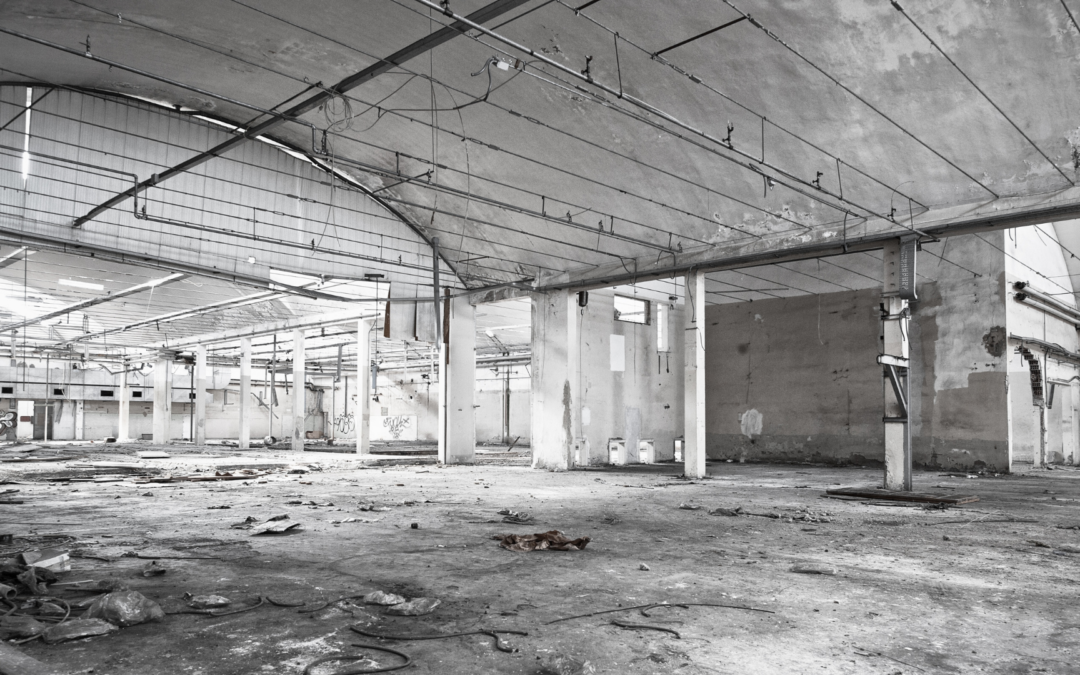Maintaining a commercial property is not just essential for its physical condition and tenant satisfaction; it also carries significant legal implications. Failing to properly maintain a commercial property can result in legal disputes, liabilities, and financial consequences. In this blog, we will explore the legal implications of neglecting commercial property maintenance.
Violation of Lease Agreements: Neglecting property maintenance can lead to violations of lease agreements. Commercial leases often include clauses that require the property owner or manager to maintain the premises in good condition. Failure to fulfill these obligations can result in breach of contract claims by tenants. This may lead to disputes, tenant dissatisfaction, and potential legal action seeking remedies such as rent reductions, lease terminations, or monetary damages.
Premises Liability: Neglected maintenance can increase the risk of accidents and injuries on the property. Property owners have a legal duty to maintain safe premises for tenants, visitors, and customers. If a maintenance issue causes harm to individuals, such as slip and fall accidents due to unmaintained flooring or inadequate lighting, the property owner may be held liable for the injuries. Neglecting maintenance responsibilities can result in costly personal injury lawsuits, medical expenses, and potential damage to the property owner’s reputation.
Code Violations and Legal Compliance: Local building codes and regulations establish minimum safety and maintenance standards for commercial properties. Neglecting maintenance can lead to code violations, ranging from inadequate fire safety measures to structural deficiencies. Municipal authorities may issue citations, fines, or orders to rectify violations. Failure to address code violations can result in legal penalties, increased scrutiny from authorities, and potential closure of the property until compliance is achieved.
Environmental Non-Compliance: Certain commercial properties, such as those housing hazardous materials or operating in environmentally sensitive areas, must comply with specific environmental regulations. Neglecting maintenance may result in environmental non-compliance, such as improper waste management, water contamination, or air pollution. Violating environmental regulations can lead to severe legal consequences, including fines, clean-up costs, and potential legal actions by environmental agencies or affected parties.
Negligence Claims: Neglected maintenance can give rise to negligence claims by tenants, visitors, or even neighboring properties. If maintenance issues cause harm or damage, affected parties may sue the property owner or manager for negligence. Proving negligence requires demonstrating that the property owner had a duty of care, breached that duty by neglecting maintenance, and that the breach directly caused the harm or damage. Negligence claims can result in significant legal costs, settlements, or judgments against the property owner.
Diminished Property Value and Marketability: Neglecting property maintenance can negatively impact the property’s value and marketability. A neglected property may not meet buyer or investor expectations, leading to decreased market value and difficulty in attracting potential buyers or securing financing. The lack of proper maintenance can raise concerns about underlying issues or hidden liabilities, diminishing the property’s appeal and marketability.
Conclusion: Failing to maintain a commercial property carries significant legal implications. Violation of lease agreements, premises liability claims, code violations, environmental non-compliance, negligence claims, and diminished property value are all potential consequences of neglecting maintenance. Property owners and managers must prioritize maintenance responsibilities to ensure legal compliance, tenant safety, and the long-term success of their commercial properties. By proactively addressing maintenance issues and staying up to date with legal requirements, property owners can mitigate legal risks and protect their investment. Remember, investing in property maintenance not only preserves the property’s physical condition but also safeguards against legal troubles and financial losses.

